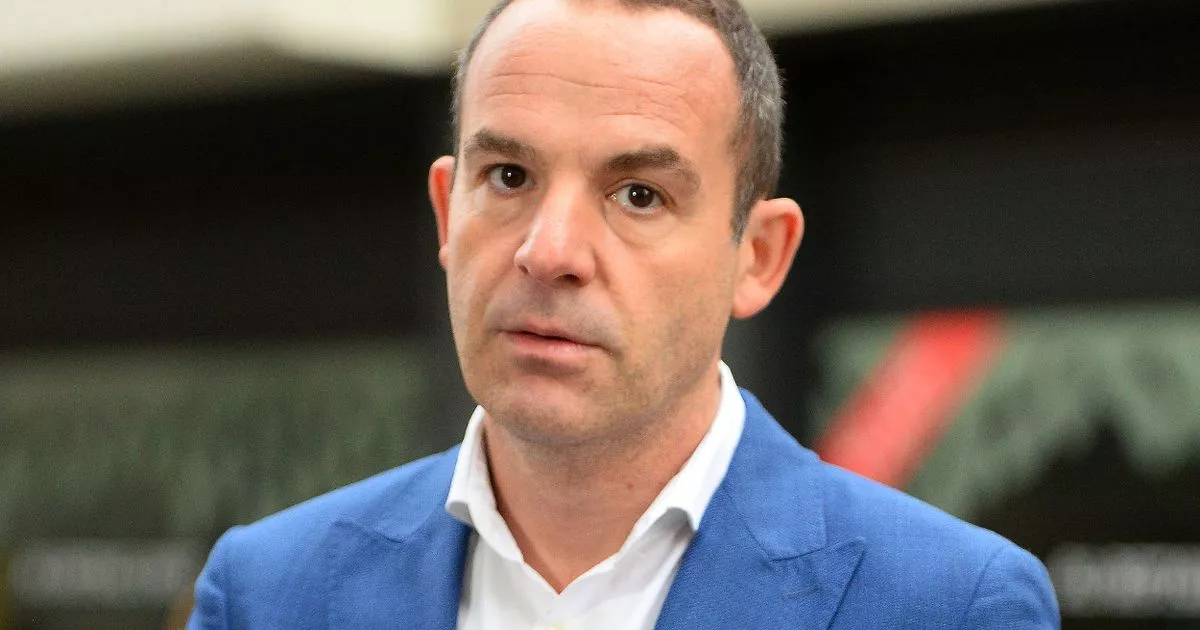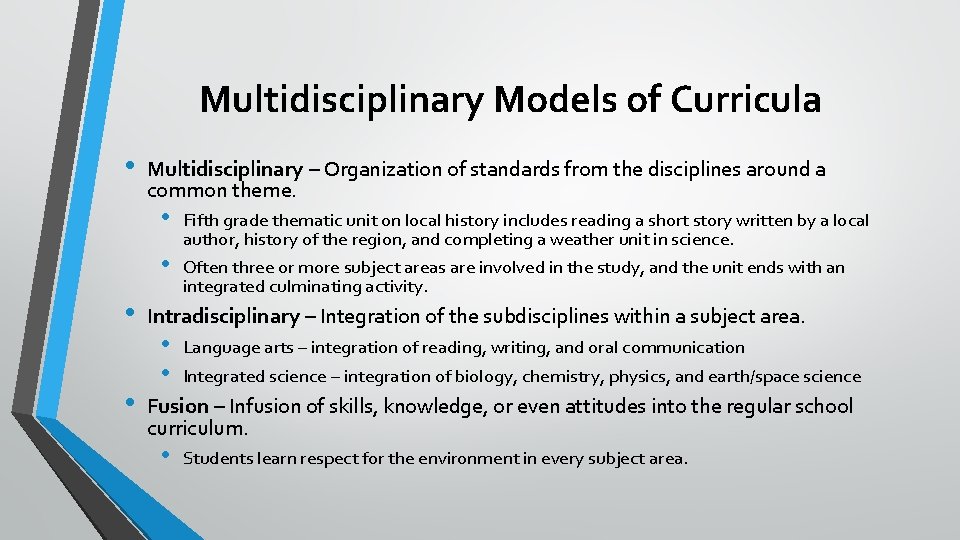Meta's Monopoly Trial: The FTC's Shifting Strategy

Table of Contents
The FTC's Initial Case and its Shortcomings
The FTC's initial lawsuit against Meta, filed in 2020, aimed to dismantle the tech giant by arguing that its acquisitions of Instagram and WhatsApp were anti-competitive maneuvers designed to eliminate nascent threats. The core argument rested on the claim that Meta used its market power to stifle competition, preventing the emergence of rival social media platforms.
- Suppression of Competition: The FTC alleged that Meta acquired Instagram and WhatsApp not for their intrinsic value but to neutralize potential competitors before they could gain significant market share. This preemptive strategy, the FTC argued, violated antitrust laws.
- Initial Legal Challenges: The FTC faced significant hurdles in proving its case. Demonstrating that Meta intentionally engaged in anti-competitive behavior required substantial evidence linking the acquisitions directly to a deliberate strategy to suppress competition. This proved challenging.
- Case Dismissal and Revised Strategy: Initially, a federal judge dismissed the FTC's case, citing insufficient evidence to support the claim of anti-competitive acquisitions. This setback forced the FTC to reassess its strategy. They shifted their focus from seeking divestiture (forcing Meta to sell Instagram and WhatsApp) to pursuing behavioral remedies.
The FTC's Revised Strategy and its Focus on Behavioral Remedies
Following the initial setback, the FTC adopted a revised strategy focusing on behavioral remedies instead of structural ones. This shift represents a significant change in approach, aiming to curb Meta's alleged monopolistic practices without requiring the company to divest itself of Instagram and WhatsApp.
- Behavioral Remedies: The FTC is now pursuing a range of behavioral remedies, potentially including restrictions on Meta's ability to acquire future companies, limitations on data sharing between its platforms, and increased transparency requirements regarding its algorithmic practices.
- Effectiveness of Behavioral Remedies: The effectiveness of behavioral remedies in curbing Meta's power remains a subject of debate. Critics argue that such remedies are difficult to enforce and monitor effectively, allowing Meta to continue its dominant market position.
- Legal Arguments: The FTC's revised strategy relies on demonstrating that Meta's past behavior indicates a pattern of anti-competitive actions, even if the specific acquisitions can't be directly proven as such. This necessitates showcasing the interconnectedness of Meta's platforms and how they collectively stifle competition.
Key Arguments and Evidence Presented by Both Sides
The Meta's Monopoly Trial involves a complex exchange of arguments and evidence. Meta vehemently denies the allegations, arguing that its acquisitions were beneficial for users and fostered innovation. The FTC, however, counters with evidence suggesting a pattern of anti-competitive behavior.
- Meta's Defense: Meta argues that its acquisitions were pro-competitive, leading to improved products and services for users. They highlight the benefits of integrating Instagram and WhatsApp into the broader Meta ecosystem.
- FTC's Counterarguments: The FTC presents evidence suggesting Meta actively sought to acquire potential competitors to eliminate them before they could grow into significant threats. This evidence includes internal communications and market analyses.
- Expert Witnesses: Both sides have presented expert witnesses to support their arguments. Economists, data scientists, and industry experts offer differing perspectives on the competitive landscape and the impact of Meta's actions. The credibility and persuasiveness of these witnesses will play a crucial role in the judge's decision.
Potential Outcomes and Implications of the Meta Monopoly Trial
The outcome of the Meta's Monopoly Trial will have significant implications for the tech industry and antitrust enforcement. A ruling in favor of either side will set a precedent for future cases involving Big Tech companies.
- FTC Victory: An FTC victory, leading to the implementation of behavioral remedies, would signal a stronger regulatory approach towards tech giants. It could set a precedent for future antitrust cases and lead to greater scrutiny of mergers and acquisitions in the tech sector.
- Meta Victory: A victory for Meta would embolden other tech companies and potentially lead to less stringent antitrust enforcement in the future. It could signal a more lenient approach to regulating powerful tech firms.
- Impact on Innovation and Competition: Regardless of the outcome, the trial will undoubtedly influence innovation and competition within the social media market. Increased regulatory scrutiny could stifle innovation, while a lack of regulation could exacerbate existing monopolistic tendencies.
Conclusion
The Meta's Monopoly Trial represents a pivotal moment in the ongoing debate surrounding the regulation of Big Tech. The FTC's shifting strategy, moving from a focus on structural remedies to behavioral ones, highlights the difficulties of addressing monopolistic practices in the dynamic digital landscape. The outcome of this trial will have far-reaching consequences, shaping future antitrust enforcement and impacting the competitive dynamics of the social media industry. Staying informed on the developments in this crucial Meta's Monopoly Trial is critical for understanding the future of tech regulation and the digital economy. Follow the progress of the Meta's Monopoly Trial to stay abreast of these crucial developments.

Featured Posts
-
 Performance Credit Mutuel Am Au T4 2024 Decryptage Des Chiffres Cles
May 19, 2025
Performance Credit Mutuel Am Au T4 2024 Decryptage Des Chiffres Cles
May 19, 2025 -
 Martin Lewis Postal Warning Four Weeks To Take Action
May 19, 2025
Martin Lewis Postal Warning Four Weeks To Take Action
May 19, 2025 -
 Brits Slam Royal Mail 76p Stamp Price Hike In Five Years Deemed Unacceptable
May 19, 2025
Brits Slam Royal Mail 76p Stamp Price Hike In Five Years Deemed Unacceptable
May 19, 2025 -
 Rylan Clarks Cinderella Pantomime Role At Cliffs Pavilion Confirmed
May 19, 2025
Rylan Clarks Cinderella Pantomime Role At Cliffs Pavilion Confirmed
May 19, 2025 -
 Interdisciplinary And Transdisciplinary Approaches A Key To Solving Complex Problems
May 19, 2025
Interdisciplinary And Transdisciplinary Approaches A Key To Solving Complex Problems
May 19, 2025
